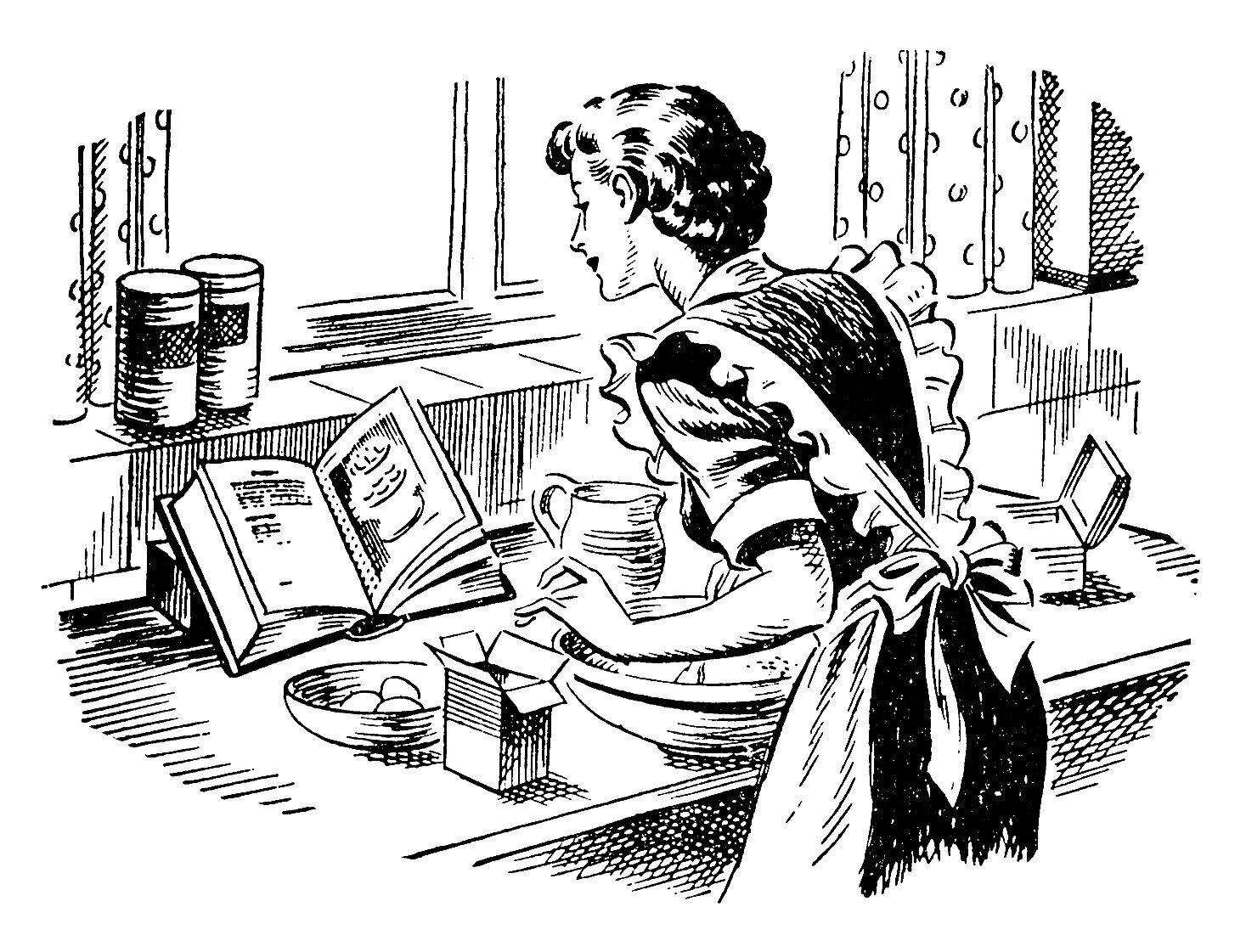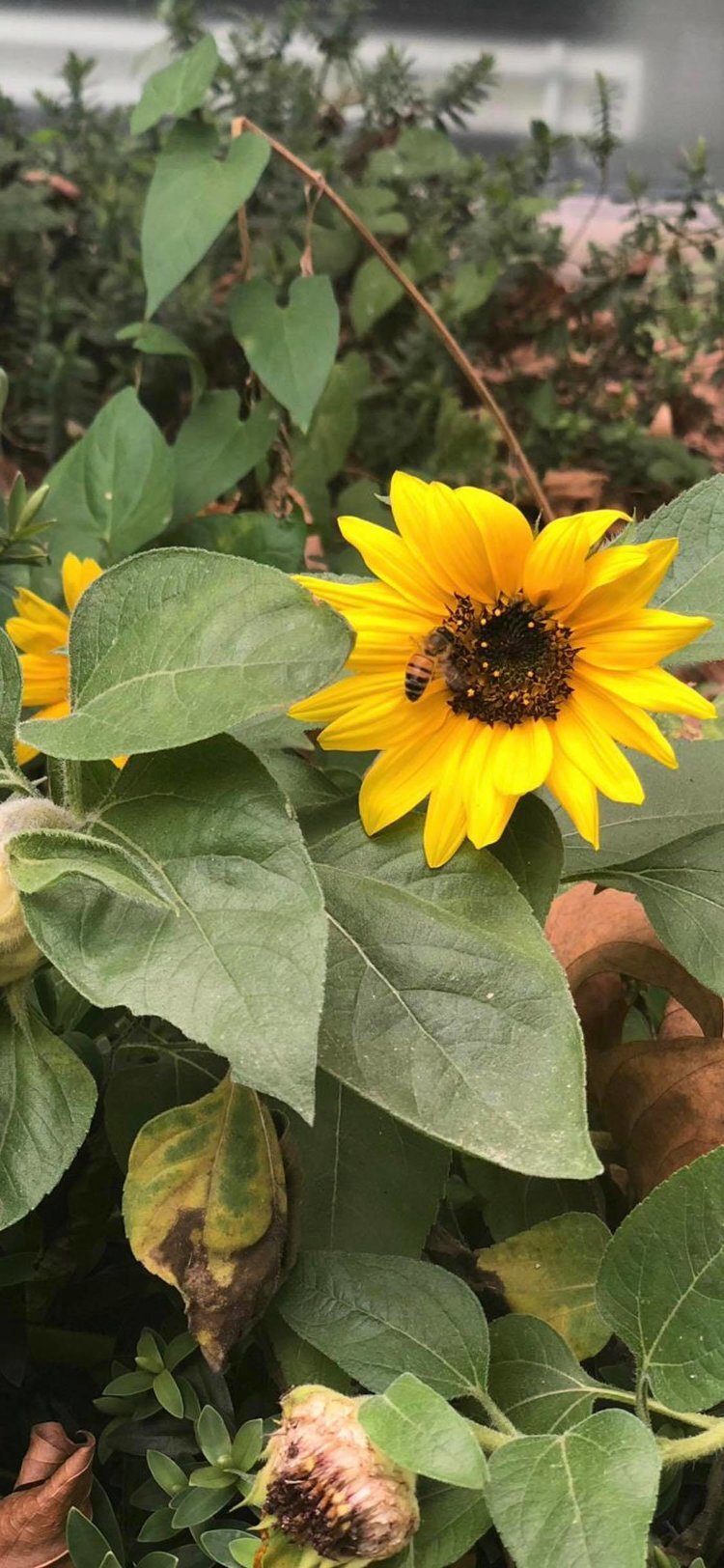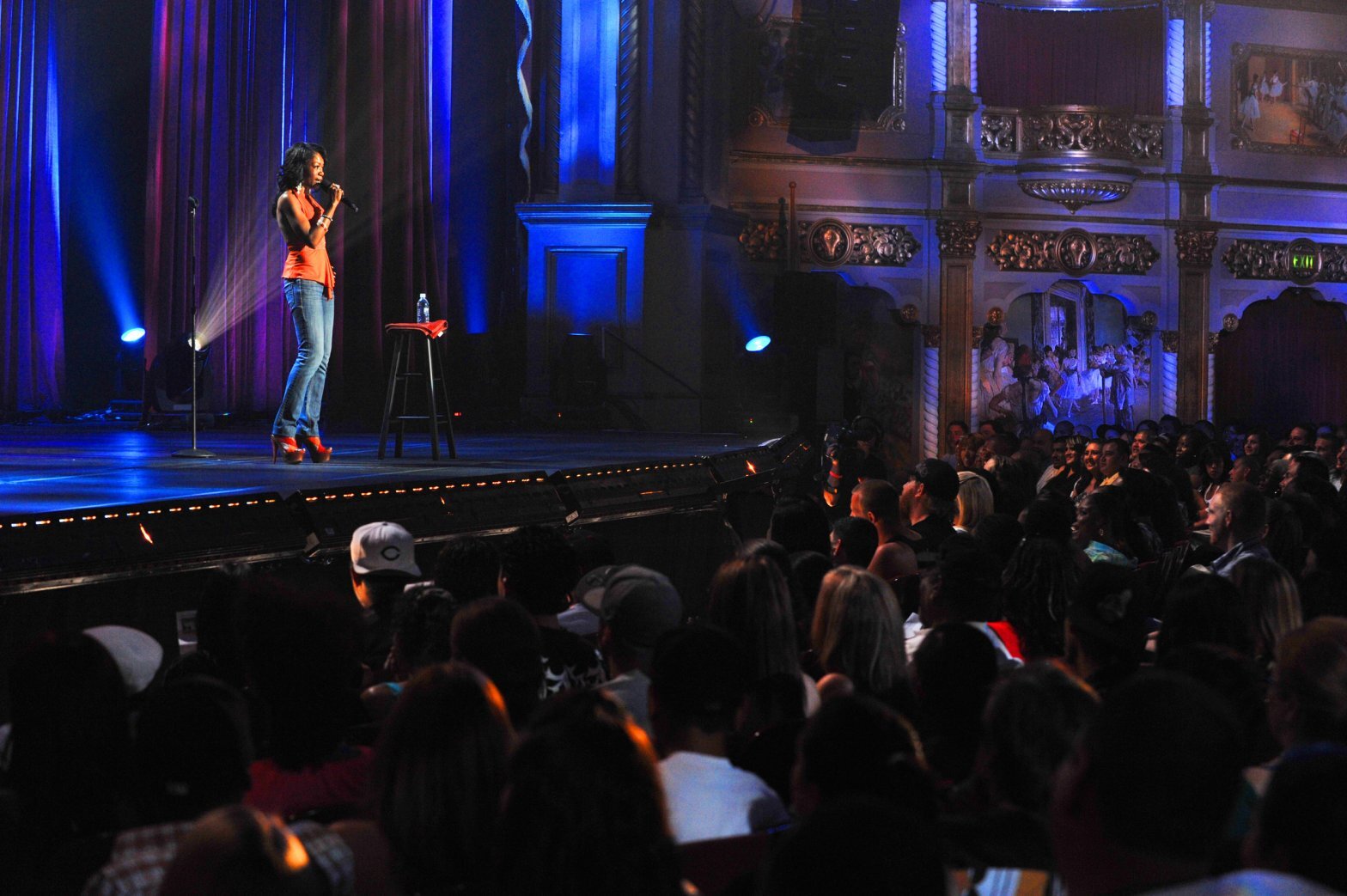
challenging the idea that 2018 is ‘too politically correct’
Heather Whelan examines the recent debate on social media platforms such as Facebook and Twitter about 2018 being 'too politically correct', paying particular attention to the recent controversies surrounding Apu's characterisation in The Simpsons.
Kaleidoscopic reGeneration: Part 1
in the first instalment of a two-part series, Aija Oksman introduces us to her good friend Seth who opens up about his female-to-male transition

who we are and who we are not: processing the us mid-term elections
Ciara Hayden contributes a personal discussion centred around both family life and her own independence, interweaving her experience of American politics following the 2018 mid-term elections.

feminist books and individual experience
In the first article of a series on feminist literature, Katie Buckley champions individual experience and emotional response when it comes to our reading habits.

are submissive wives anti-feminist?
Feminism is a huge part of socio-political discussion worldwide. Natasha Gkogkou debates whether the movement is as inclusive as it claims to be.

my love for you is unconditional, as long as you comply
Tracie Redshaw provides us with a poignant story of acceptance and pride through acknowledging her personal experience with her daughter and the LGBTQ community.

why we need to represent obesity in the media
Brands that use larger women in their campaigns are often criticised for "promoting obesity". Emily O’Dowd discusses why this promotion is a good thing.


negotiating gender in public spaces
Abrisham Ahmadzadeh writes on the necessity for the UK to take action in gendered public spaces and advocates for the active inclusion of the non-binary population.

consent is not just about sex
Heather Whelan’s poem explores the loss of control a person feels after experiencing sexual abuse. She recall how direct contact with another can cause distress in various social settings.

education is the most powerful weapon you can use to change the world
Olivia Nielsen discusses education amongst girls - those who are denied it across are world, and those who recieve it but are not necessarily taught to use it.

Pitter Patter
Bindu Devereux’s poem which takes inspiration from the #MeToo movement and the countless number of individuals who have been affected by sexual assault.

are white women effective tools of the patriarchy?
In this piece on privilege, Katie Buckley examines the role that white women play in reinforcing the patriarchy.

thinspo with abs? the health conundrum at the heart of the fitness community
Rosie Martland discusses the problem with modern fitness ideals, and the profound impact it has on the female community.

kavanaugh and our fight back
This week, Emily O'Dowd explores the differences between past assault cases and the current Kavanaugh hearing within the context of the #MeToo movement.


the female comic: fact or fiction?
Sarah Thew and Eleanor Taggart present a collaborative piece that questions if female comedians are limited in the type of comedy that they can do - further probing whether women are given as much artistic licence as men in this sphere of performance.

beauty in the background
Charlie Ball encourages you to take a moment to look at your surroundings in her collages.

we can all do something to reduce the gendered impacts of homelessness
Saffron Roberts discusses the damaging effects that period poverty has on the lives of women and explains what she is doing, and what you can do, to take action.

Our Generation is Romantically Screwed
in this piece on dating, Katie Buckley examines whether women of her generation will have to choose between love and progress.
